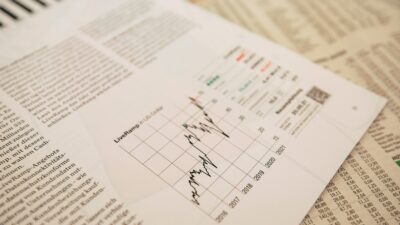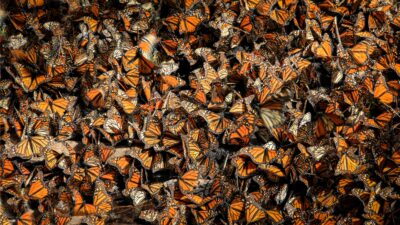
The young will survive COVID-19 better financially as well as physically
Whose retirement will be most affected by COVID-19?
In Australia, superannuation is collected as a percentage of workers’ earnings, is invested in financial assets, and usually can’t be withdrawn before age 60.
People earning less, (un or underemployed) automatically accumulate less superannuation. If stock and bond prices fall, the savings invested in those assets will also shrink. Both have happened to superannuation fund members in the COVID-19 crisis: many are earning (and saving) less, and investment values have fallen sharply. On the other hand, the government is allowing fund members to withdraw up to $20,000 out of their superannuation accounts early.
Despite enduring a disproportionate share of job losses, young people are well-placed to weather the COVID-19 superannuation storm. Young people have smaller investment exposures and the most time to recover. People in their 20s and 30s have decades to make up lost earnings and negative returns. For them, 2020 will disappear quickly in the rear-vision mirror. On the other hand, older people have a lifetime of savings exposed to investment losses and little chance to rebuild by working longer. 2020 is likely to tailgate them well down the road.
And regardless of age, a long, slow drive is ahead for people who, out of necessity, anxiety, or opportunity, withdraw their superannuation early, imprinting investment losses and using up hard-earned nest eggs.
Want to learn more about the future of super?
Listen to Susan discuss superannuation on The Future, This Week
This is part of a series of insights related to Coronavirus (COVID-19) and its impact on business.
Image: Darío Martínez-Batlle on Unsplash
Susan Thorp is Professor of Finance. Prior to joining the University of Sydney in 2015, she was Professor of Finance and Superannuation at the University of Technology Sydney. Susan has an honours degree in Economics from the University of Sydney, and a PhD in Economics from the University of New South Wales.
Share
We believe in open and honest access to knowledge.
We use a Creative Commons Attribution NoDerivatives licence for our articles and podcasts, so you can republish them for free, online or in print.







